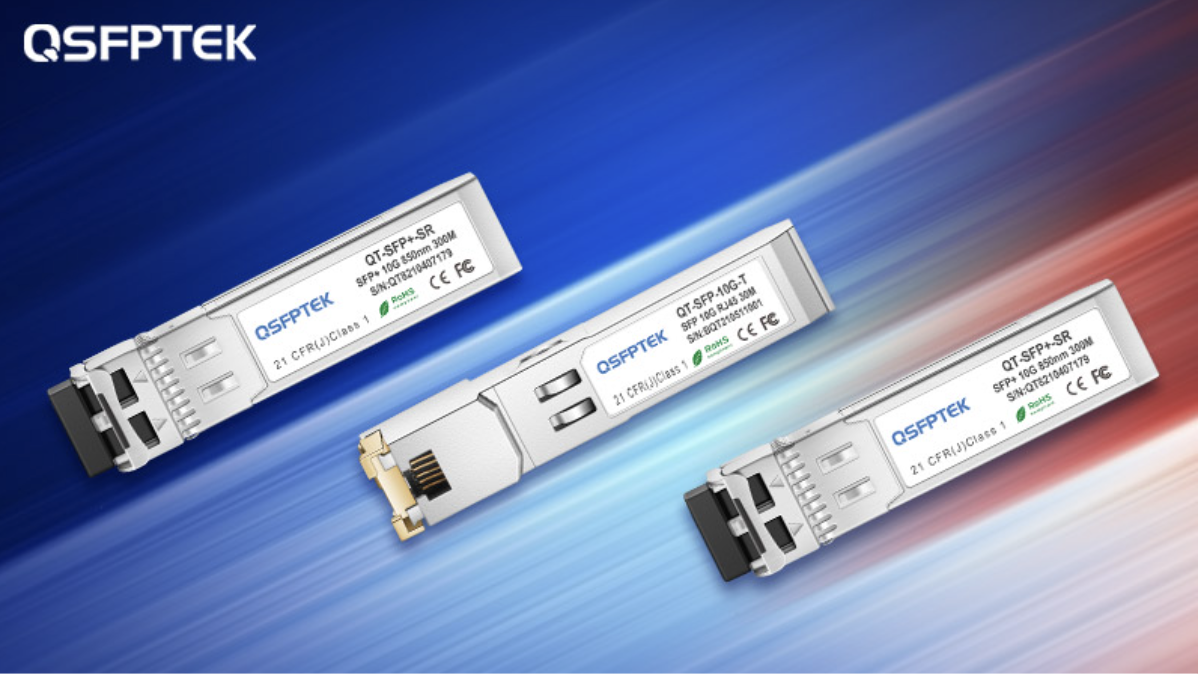
An optical module is a functional module or an accessory. It is a passive device that cannot be used alone. It can only be used in switches and devices with optical module slots. Optical converters are functional devices and are separate active devices. It can be used alone by adding dots. The two are not the same, so there are many differences, such as flexibility, cost performance, application areas and so on.
Differences Between Optical Modules and Fiber Converters
With the development of science and technology and the acceleration of urban informatization, the requirements for communication technology are getting higher and higher. Optical fiber has become more and more popular in communication due to its advantages of fast transmission speed, long distance, safety and stability, anti-interference, and convenient expansion. The first choice is when laying. We often see long-distance data transmission requirements in building intelligent projects, basically using optical fiber transmission. The link between them requires optical modules and optical converters to achieve. Many users are curious about optical modules and fiber converters and want to know what is the difference between optical modules and fiber converters.
Can They Be Used Alone?
An optical module is a functional module or an accessory. It is a passive device that cannot be used alone. It can only be used in switches and devices with optical module slots.
The optical fiber converter is a functional device, which is a separate active device and can be used alone with a power supply.
Equipment Simplicity
The optical module itself can simplify the network and reduce the failure points, while the use of optical fiber converters will increase a lot of equipment, greatly increase the failure rate, and occupy too much storage space in the cabinet, which is not beautiful.
Flexibility
The optical module supports hot swap, and the configuration is relatively flexible.
Optical fiber converters are relatively fixed, and it is more troublesome to replace and upgrade than optical modules.
Price
Optical modules are more expensive than fiber converters, but they are much more stable and less prone to damage.
The optical fiber converter is economical and practical, but many factors such as the power adapter, the state of the optical fiber, and the state of the network cable must be considered, and the transmission loss accounts for about 30%.
Application areas
Optical modules are mainly used for optical interfaces of optical network communication equipment such as aggregation switches, core routers, DSLAM, OLT and other equipment, such as the backbone network of optical fiber networks such as computer video, data communication, and wireless voice communication.
Optical fiber converters are used in actual network environments that cannot be covered by Ethernet cables and must use optical fibers to extend the transmission distance, and are usually located in the access layer applications of broadband metropolitan area networks, such as high-definition video image transmission in monitoring projects As well as fiber optic last mile connections to the metropolitan area network and beyond.